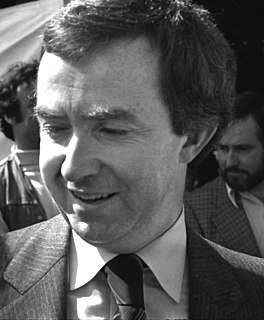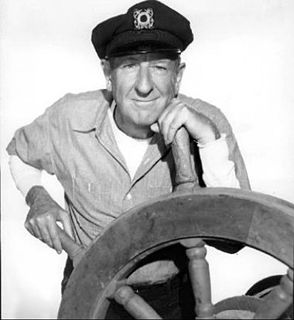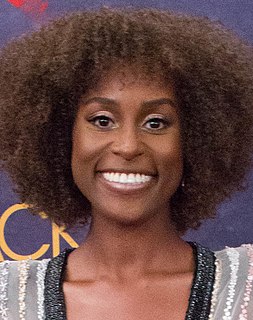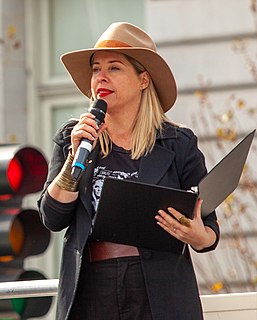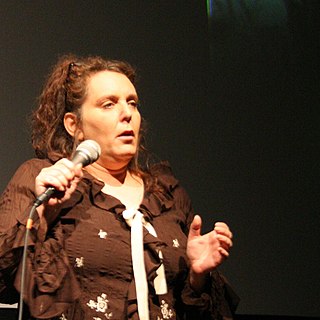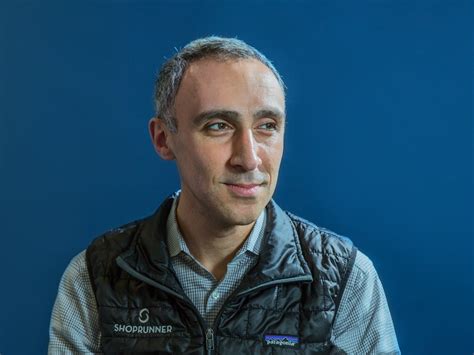A Quote by Lee Klein
The Web ultimately is a medium used by real offline people, and as such, it'll probably be whatever we are.
Related Quotes
The 10th Annual Webby Awards represent an extraordinary opportunity to celebrate the evolution of the web from an esoteric medium to the driving force shaping popular culture, business, and society today, .. As the web enters its second decade as an integral part of everyday life, our expanded categories recognize those who are pushing the web in exciting new directions.
Writing plays supplied for me everything that painting didn't, which is the ability to tell stories in real time, in a real space, in three dimensions, in flesh and blood. I realized I had been trying to cram all this narrative into my paintings, but ultimately painting was a static medium. So it just opened up this whole new door.

